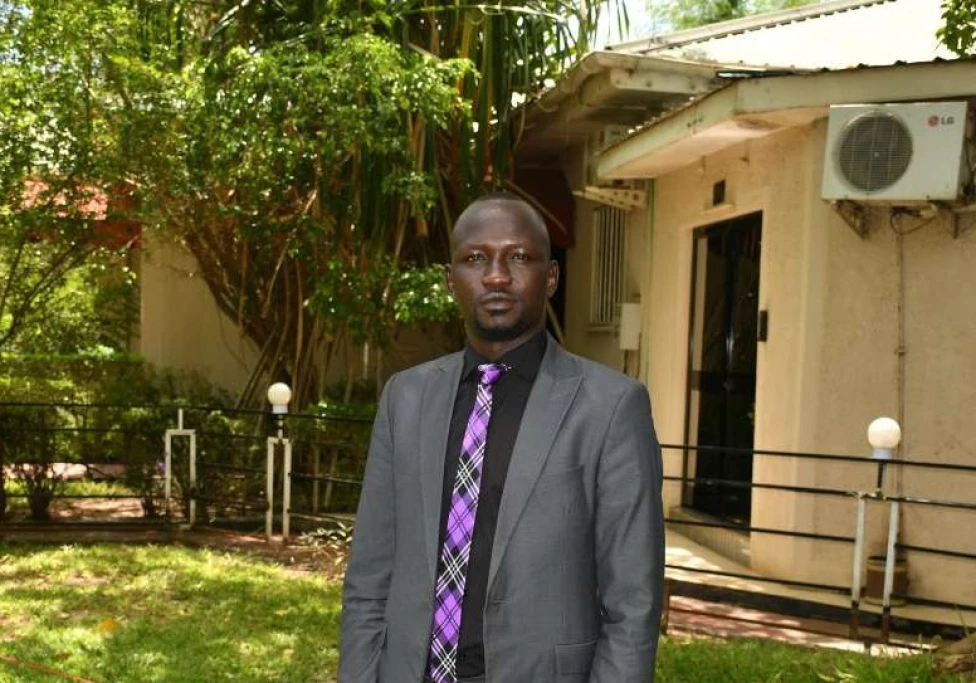
With mixed reactions and speculations on the first-ever general elections expected in December 2024, the signatories to the peace pact are also divided in the future of event, withholding clarity and blurring hopes for the first-ever general elections.
South Sudan is expected to exit years of conflict at the end of transitional period through the elections. However, the peace deal meant to address the root causes of the conflict and transition the country into a democratic dispensation remains largely unimplemented.
According to the 2018 peace accord, South Sudan is supposed to get the permanent constitution to decide the type of government and establish democratic values. This is a pre-condition to the elections, along others such security arrangement and institutional reforms.
With only 14 months left, there is no permanent constitution in place, no single soldier is deployed and the number of people eligible to vote is yet to be determined.
In addition, the main armed opposition party says conduct of elections is not possible in a situation where there is no constitution, population census, and the security arrangement in place. However, government continues to declare that elections must go on as planned without the constitution.
The Director of Youth Empowerment Organization, Daniel Mwaka, warns that conducting the elections under the current circumstances might take the country back to war.
“Supposed there is dispute or a candidate wants to challenge the other. What are we going to use to resolve the dispute? I think the constitution should have all these in place. And secondly, about the population census; how can we determine the number of the people who are eligible to vote?” Mwaka asked.
The activist argued that elections without constitution and the population census might cause “violence because someone will say you have stolen votes; you have done this and that”.
“I don’t pray for violence, but I know if we are to hold elections without permanent constitution or population census, it will backfire,” Mwaka cautioned.
In Mwaka’s view, it is better to wait longer by following the electoral procedures in order to hold free, fair, and credible elections that will not take the country back to war than forcing it, possibly jeopardizing the current relative peace.
“Why can’t we follow the right procedure that will not jeopardize the peace that we have already right now?” he asked.
On several occasions, President Salva Kiir kept repeating his statement that he will not take the country back to war. This statement and the status of the implementation of the revitalized peace agreement do not meet the next year’s election requirements but presents a middle point for the parties to the peace agreement.
SPLM-IO, the main opposition party, is not ready for elections under the current status of the peace deal implementation, though the ruling party wants it done even when the rest of the provisions are not implemented. This poses conflict in the electoral process.
The middle point will be to extend the peace agreement to avoid violence and keep pushing for the implementation of the deal.
“I think our leaders might have done this purposely and they know that it’s not possible to hold elections without these two key requirements – constitution and the population census. And for me I still put this election in balance,” Daniel stated.
“Even the main armed opposition group like SPLM/A-IO is insisting that we cannot conduct election without these two things, ‘but if the government insists that we must conduct elections under these circumstances, then we might be heading somewhere else of which we must avoid it before it happens’.”
Several other observers have said the country is not fully prepared for the conduct of elections by December 2024 as anticipated, given the number of critical tasks that remain unimplemented.
These include the Reconstituted Joint Monitoring and Evaluation Commission (RJMEC), which recently said that lack of clarity from the unity government elections is creating uncertainty.
In June 2023, the head of UN mission in South Sudan has said South Sudan citizens’ testimonies and unfinished tasks suggested that the government was not ready to hold elections any soon.